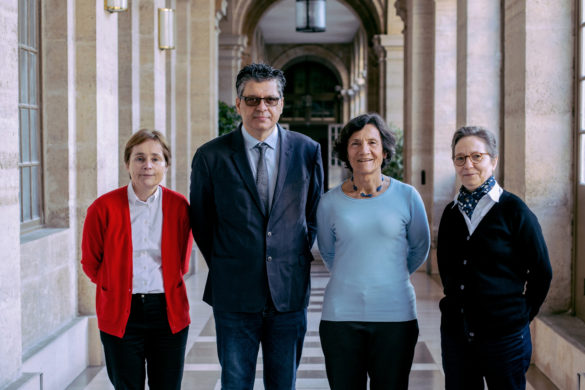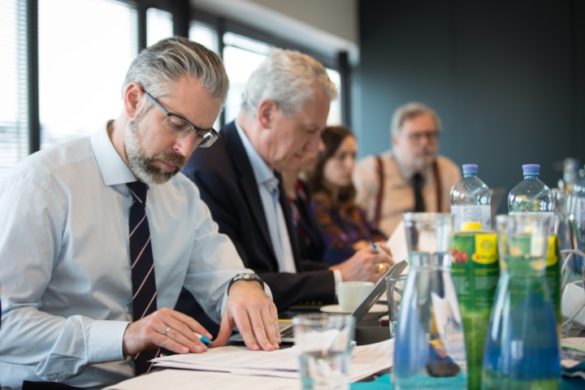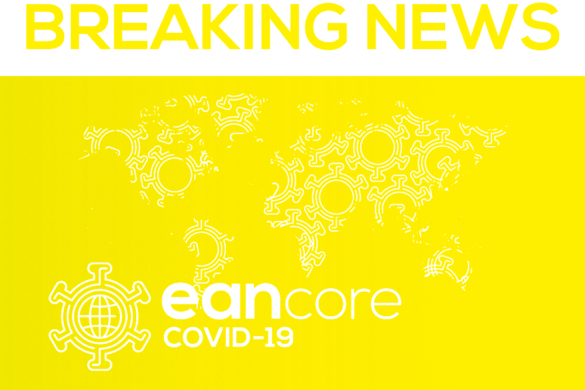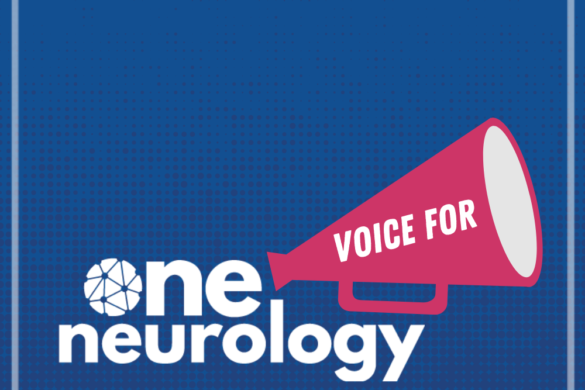1. Please can
you describe how services in your region and country are managing the
Covid-19 crisis, and specifically the role that neurologists in your centre are
playing?
Our country was relatively proactive in the containment measures it took, which meant that there was not a drastic and calamitous increase in the number of people infected and, necessarily, in the number of deaths caused by the virus. With the implemented strategy (the assumption of a national state of emergency), the country has managed to slow down the number of new cases, which has contributed to avoid situations of total despair within health institutions, which, unfortunately, other European countries had to face.
At the hospital level, differentiated units were prepared exclusively for the treatment of patients with Covid-19, mostly in hospitals physically separated from others that continue to receive patients with other conditions. Neurologists are not on the front line when it comes to fighting infection (colleagues from other specialties have naturally taken the lead). Even so, contact with some neurological complications associated with the infection is happening, in the Emergency Departments and in inpatient units. This programmed assistance activity was reorganized, being, in most situations, not performed in person (instead using computer platforms that allow remote consultations), but neurological emergencies continue to exist, so the Stroke Units and EEG laboratories continue to function without major limitations.
2. What is the most important piece of advice you have for countries that may be a few weeks behind in terms of caseload? What are the most important aspects to prepare for?
Portugal has managed to maintain some control over the numbers of the infection at the expense of an absolutely central aspect: social isolation. Taken early, this measure has prevented the uncontrolled increase in number of infected people and, with this, the collapse of health services. Therefore, staying at home is an indispensable measure, in a situation like the one we live in.
In addition, it is very important to ensure availability of personal protective equipment in health institutions, to achieve rapid familiarity with the protocols that already exist and that have been produced with the empirical experience that we are accumulating and to mobilize the human resources that are necessary to response to the needs of the population. Not all will be needed at the same time, but exhaustion of teams is a reality and, as such, ensuring availability of health professionals in an organized manner is very important to deliver effective assistance to patients.
3. Are you seeing neurological complications of the viral infection? Can you tell us about your experience in this area?
Our experience has been limited in this respect. We are seeing encephalopathic states and epileptic seizures, but we believe that it is still relatively early to have an idea of the type (and severity) of the neurological manifestations associated with Covid-19.
4. Do you have any words of encouragement for colleagues across Europe as we stand together to fight this pandemic?
This pandemic has helped demonstrate the enormous value of all health professionals who occupy more or less prominent positions in our institutions. There is a feeling of “group” that gives strength to the teams, that helps to overcome persistent difficulties and motivates them. The pursuit of a common goal built on sharing and solidarity has helped to reveal the best we can do in our hospitals. And this has been passed on to public opinion and also to the government and politicians in general, who seem to have become more aware of the investment needs of the health system.
Never more than now has the statement “together we are stronger” made so much sense in our institutions.
Isabel Luzeiro
Filipe Palavra
Portuguese Neurological Society









